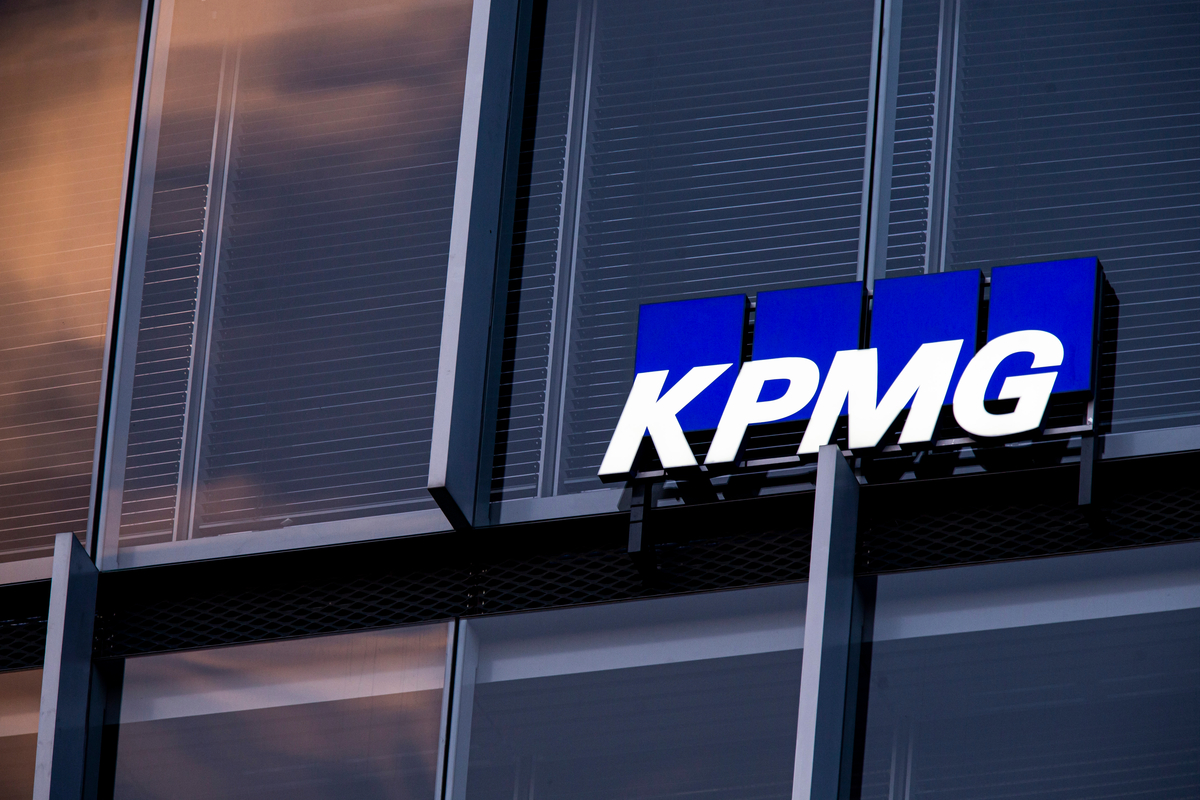KPMG issued with £14.4m fine for Carillion and Regenersis audits
The Financial Reporting Council (FRC) has announced sanctions against KPMG - as well as a former KPMG partner and four former employees - for its audits of Carillion and Regenersis.

Senior Journalist, covering the Credit Strategy and Turnaround, Restructuring & Insolvency News brands.

Senior Journalist, covering the Credit Strategy and Turnaround, Restructuring & Insolvency News brands.
The FRC’s independent disciplinary tribunal made findings of misconduct following a five-week hearing in January and February 2022, with sanctions determined after a hearing in May 2022. KPMG admitted its liability for the acts of all the individuals and that those acts amounted to misconduct.
As such, the professional services company was fined £20m, which was reduced to £14.4m to reflect KPMG’s self-reporting, co-operation and admissions. In addition to this, it was severely reprimanded and ordered to appoint an independent reviewer to conduct a review to consider the effectiveness of its current audit quality review (AQR) policies and procedures.
In addition to this, KPMG has agreed to pay £3.95m towards the executive counsel’s cost of the investigation with the costs of the tribunal. Sanctions were also taken against five former KPMG employees - these being Mr Meehan, Mr Wright, Mr Bennett, Mr Kitchen and Mr Paw.
Mr Meehan was excluded from membership of the Institute of Chartered Accountants in England and Wales (ICAEW) for 10 years, and fined £250,000, while Mr Wright has been excluded from the trade body for eight years and fined £45,000.
Mr Bennett has also been excluded from the ICAEW for eight years and fined £40,000, with Mr Kitchen being excluded for seven years and fined £30,000 and Mr Paw has been severely reprimanded.
The allegations in the formal complaint related to the FRC inspections of the Carillion and Regenersis audits. These concerned the provision of false and misleading documents and information to the AQR teams.
The tribunal review found that there had been misconduct in respect of the Regenersis AQR inspection, with Mr Wright and Mr Bennett being seen to have created or having a role in creating a false or misleading audit working paper on goodwill.
In addition to this, it had made or had a role in making false or misleading representations to AQR inspectors as to when and in what circumstances the goodwill paper was created, and made false representations in the goodwill paper that certain audit work had been performed during the Regenersis audit.
As for its audit of Carillion, the tribunal found there had been misconduct concerning minutes of year-end “clearance meetings”, and an audit working paper on the selection of contracts for audit testing, that were presented to the AQR inspectors as having been created during the Carillion audit.
In respect of the meeting minutes, the tribunal found that Mr Wright and Mr Paw had created, and Mr Meehan, Mr Kitchen and Mr Bennett had assisted or encouraged the creation of false or misleading meeting minutes, intending to mislead or as a party to the deliberate misleading of the AQR or being reckless as to whether they would be misled.
In addition to this, they had made, connived in, or were knowingly associated with making certain false or misleading representations to the AQR inspectors as to when and in what circumstances the meeting was created, intending to mislead, or as a party to the deliberate misleading of, them or being reckless as to whether they would be misled.
Mr Meehan, Mr Wright, Mr Kitchen and Mr Bennett were also party to the dishonest misleading of the AQR inspector, with Mr Wright already admitting these allegations and that his conduct was dishonest.
As for Mr Paw, the tribunal said - by implementing without question the instructions given to him by Mr Wright to create false minutes - acted without the integrity required of an accountant and became a party to the deliberate misleading of the AQR. However, Mr Paw was not found to have acted dishonestly.
A further allegation of misconduct in relation to the content of the meeting minutes made by the executive counsel against Mr Meehan, Mr Wright and Mr Kitchen was found not proved by the tribunal.
It did, however, find that Mr Kitchen had created, and Mr Meehan and Mr Bennett had assisted or encouraged the creation of a false or misleading audit working paper on the selection of construction contracts.
They had also made, had connived in or were knowingly associated with making, false or misleading representations as to when and in what circumstances the audit working paper was created.
Alongside this, the tribunal found Mr Meehan and Mr Bennett acted without the integrity required of an accountant, but not dishonestly. Mr Kitchen’s conduct was though found to have been dishonest.
As well as this, the tribunal found, in respect of Mr Kitchen alone, that he had made false representations in the CCS paper that certain audit work had been performed during the Carillion audit and that his conduct was dishonest.
KPMG made admissions of liability and misconduct, with the tribunal also identifying important mitigating factors, most notably that it brought the misconduct to the attention of the FRC, it co-operated with the FRC’s inquiry, and the action it had taken to address the remote possibility of recurrence.
Commenting on the results of the tribunal, Elizabeth Barrett from the FRC’s executive counsel said: “Misconduct that deliberately undermines the FRC’s ability to monitor and inspect the effectiveness of audits is extremely serious because it obstructs the FRC’s ability to protect the public interest.
“This case underlines the need for all professional accountants, regardless of seniority, to be aware of their individual responsibility to act honestly and with integrity in all areas of their work.”
TRI Strategy has reached out to KPMG for comment. In response, Jon Holt - KPMG UK’s chief executive - said: “I accept the findings and sanctions of the tribunal in full.
“The behaviour underlying this case was wrong and should never have happened. We reported it to our regulator as soon as we uncovered it and we have cooperated fully with their investigation.
“Since then, we have worked hard and with complete transparency to our regulator, to assure ourselves that the behaviour of the individuals concerned does not reflect the wider culture of the firm.”
